Perry Appointees Smitherman, Nelson, Anderson protect consumers from energy efficiency



There is a disturbing trend emerging in Texas. A once successful consumer-oriented program is floundering because of a deficit of perspective behind the dais at the PUC.
The Public Utility Commission of Texas proposed adopting an update to the state’s energy efficiency program that would cap the amount of money utilities could spend on programs that reduce the energy bills for homes and businesses.
Under the rule, utility expenditures on energy efficiency would be limited to one tenth of one cent per kilowatt-hour. That’s $0.001, which would amount to around a dollar a month for the average home. It’s worth pointing out that there are no cost caps for other energy resources, just the cheapest one.
This bears repeating: the PUC does not want utilities to spend more money to fund programs that make Texas homes more energy efficient and reduce their utility bills.
During today’s hearing, it was abundantly clear that Governor Perry’s appointees to the commission have folded to industry pressure and adopted the bizarre world view that energy efficiency costs consumers too much money. As evidence, in addition to only considering utility industry estimates on the cost of future efficiency resources, they frequently alluded to a report released this week by the conservative and industry-friendly Texas Public Policy Foundation which made unsubstantiated claims that the consumer benefits of energy efficiency programs could not only be less than currently estimated, but actually negative (page 3). (A more detailed critique of their report is coming).
At a workshop earlier this month, the commissioners only allowed industry representatives to present information. No consumer advocates, environmental groups, no academics were allowed to present and even the comments by ACEEE seem to have been ignored.
It’s now time for the Legislature to be the grownups in the room (more…)

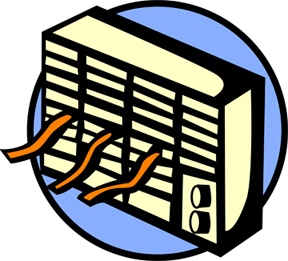
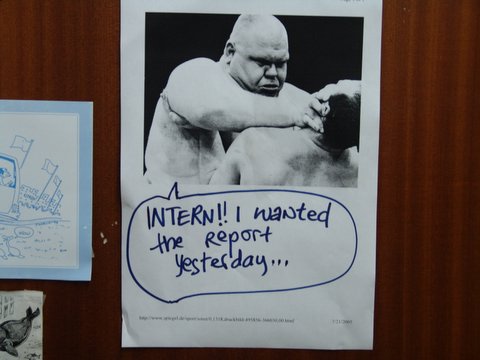 Dear readers: We need fall interns for our Austin office. Think you’ve got what it takes to
Dear readers: We need fall interns for our Austin office. Think you’ve got what it takes to 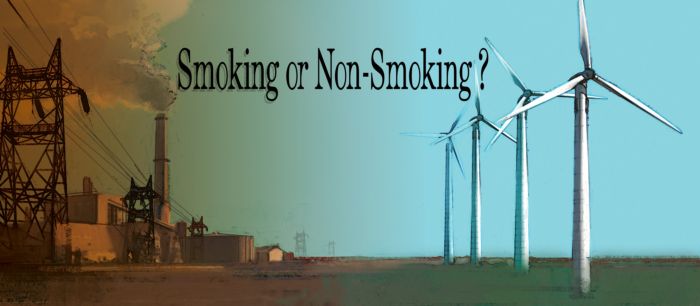
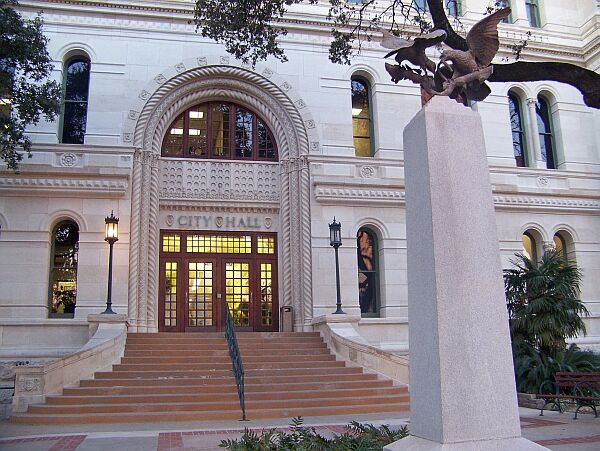
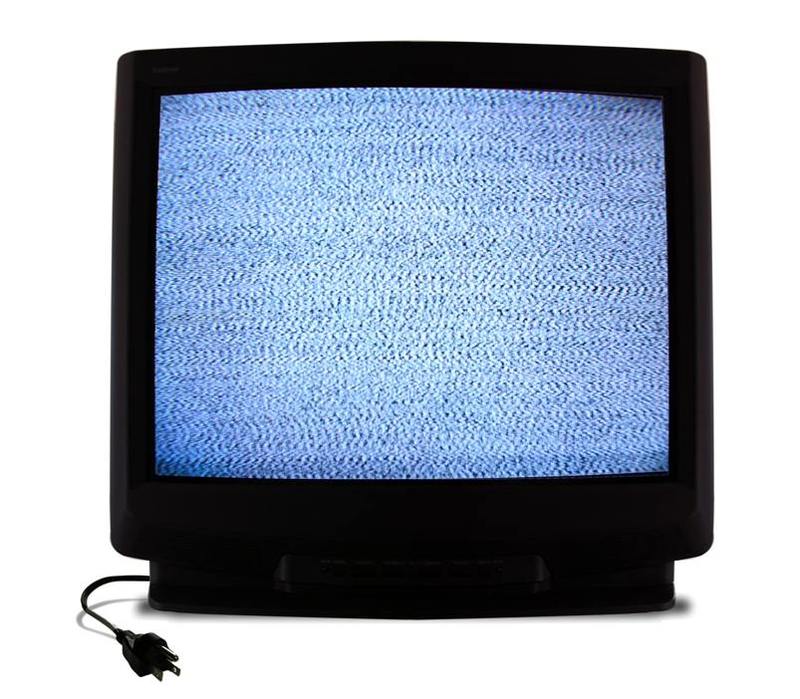 Television sets use about 4% of household power nation-wide, and the newest flat screens are even bigger power suckers — LCD screens use 43% more power than the old tube TV models. Despite this situation, government efficiency testing standards for televisions haven’t been updated since Leave It to Beaver appeared in black and white. Energy Star, a voluntary labeling system developed by the EPA, uses modern efficiency tests, but Energy Guide, the mandatory Department of Energy labeling program, still uses standards from the era of Lucy and Ricky in separate twin beds.
Television sets use about 4% of household power nation-wide, and the newest flat screens are even bigger power suckers — LCD screens use 43% more power than the old tube TV models. Despite this situation, government efficiency testing standards for televisions haven’t been updated since Leave It to Beaver appeared in black and white. Energy Star, a voluntary labeling system developed by the EPA, uses modern efficiency tests, but Energy Guide, the mandatory Department of Energy labeling program, still uses standards from the era of Lucy and Ricky in separate twin beds. Texas cities are working extra hard this holiday season on efficiency measures of all shapes and sizes. Do you think they’re looking for energy and resource savings, or could this just be a last minute push to make Santa’s “nice” list? In keeping with the holiday spirit, I’ll applaud these cities for good behavior, motives aside.
Texas cities are working extra hard this holiday season on efficiency measures of all shapes and sizes. Do you think they’re looking for energy and resource savings, or could this just be a last minute push to make Santa’s “nice” list? In keeping with the holiday spirit, I’ll applaud these cities for good behavior, motives aside.




